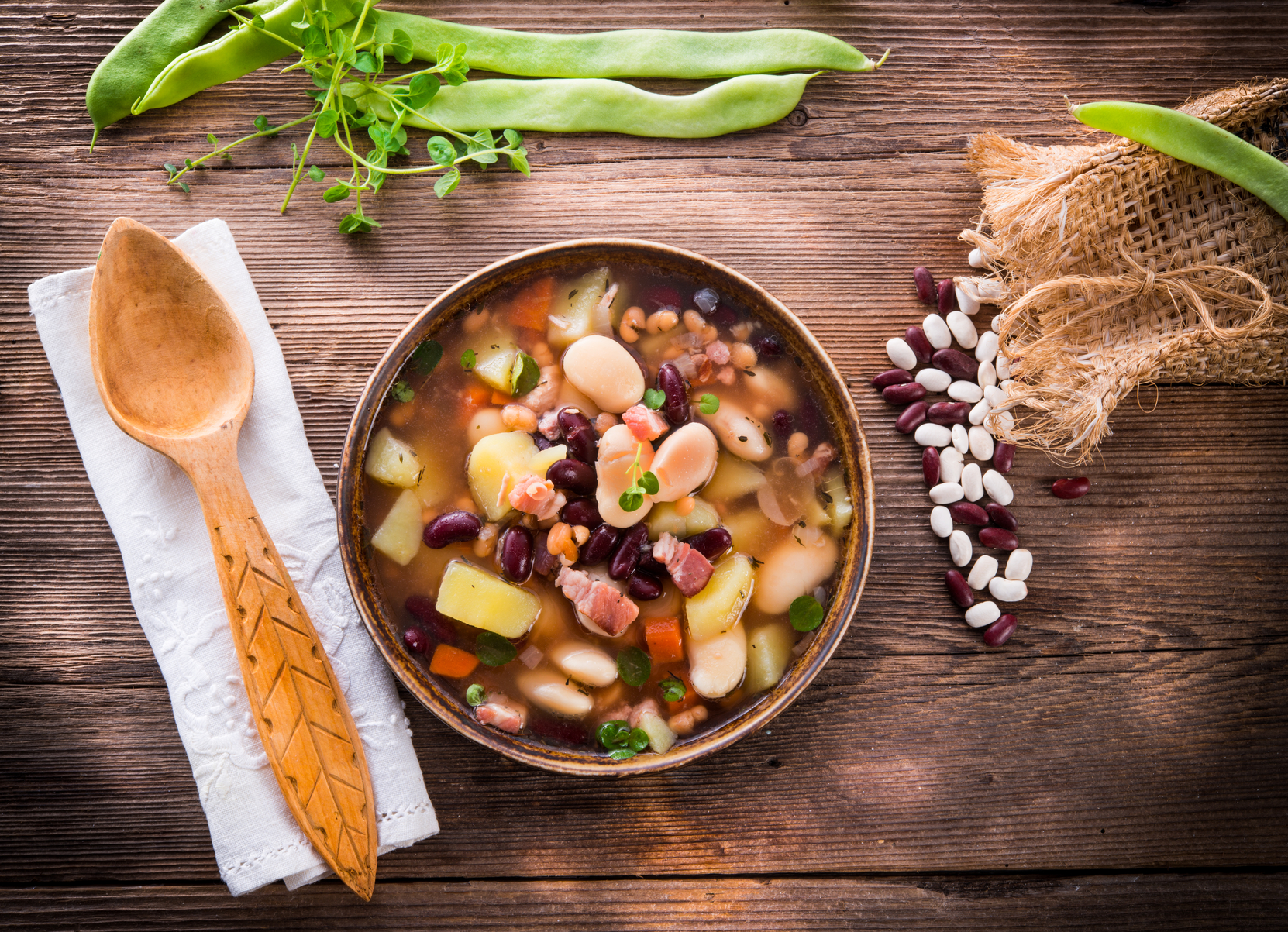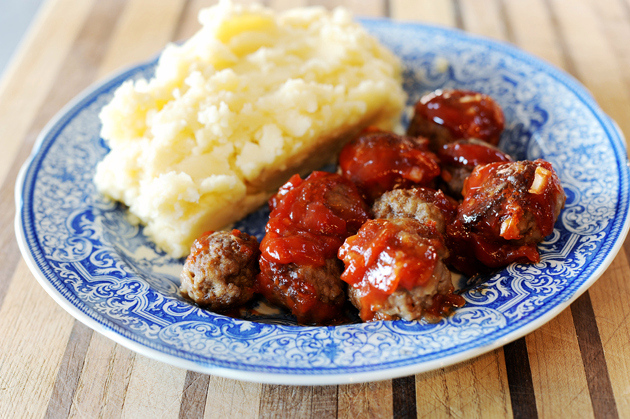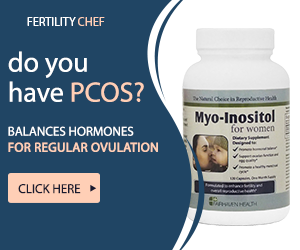A Ketogenic Diet for PCOS
There are many diets used to balance hormones, a Ketogenic diet for PCOS being one of them. Polycystic ovary syndrome (PCOS) is the most common endocrine disorder among women of reproductive age, affecting approximately 4% of women . PCOS is often associated with symptoms of excess testosterone: irregular or absent menses, excessive body hair, and infertility. PCOS is also associated with medical abnormalities such as central obesity, insulin resistance, hyperinsulinemia, type 2 diabetes mellitus, and dyslipidemia.
There are no known curative therapies for PCOS, though anti-diabetic medications do improve many of the metabolic abnormalities, like insulin resistance, and elevated serum testosterone and total cholesterol levels. Dietary and exercise interventions also have a big impact on improving insulin sensitivity.
Research has shown that a low-carbohydrate, ketogenic diet for PCOS can lead to weight loss and improvements in insulin resistance which proves useful for treating PCOS symptoms.
So what is a Ketogenic Diet for PCOS?
Some people may know it as the LCHF (Low Carb, High Fat) diet. The goal is to reduce your intake of carbs, and increase your intake of proteins. Click here for our ultimate keto for PCOS cheat sheet.
What you can eat:
- Meat (Any type but do try to use organic or grass fed meats)
- Fish (Any type; salmon is a great fatty fish)
- Eggs (Cook them any way you like; organic is better but not recommended)
- Natural fats (like butter but olive oil and coconut oil are the best)
- Vegetables growing above grounds.
- Dairy products (Since most of my readers have PCOS, it is recommended to cut back on dairy. In moderation, it is perfectly fine.)
- Nuts (Eat in moderation)
- Berries (Eat in moderation)
What you can’t eat:
- Sugar
- Starchy foods (potatoes, bread, and pasta)
- Margarine (Actually has no health benefits and it just tastes yucky)
- Beer (Contains yeast, so it’s a ‘liquid bread.’)
- Fruit (You don’t have to eliminate it completely, but fruit does have natural sugars. Use as a substitute for desserts)
When you avoid sugar and starches, your body can then maintain a regular blood glucose level. If you have PCOS and are diabetic you may find it necessary to have your insulin medication reduced if you cut out out the sugar and starches.
Humans are meant to eat the natural foods this planet provides us with. Years and years ago, early civilizations didn’t eat boxed dinners, pasta, sweeteners, and all of our other modern comfort foods. If you go with using organic meats, you are already taking care of your body. Animals don’t need the help of humans to grow and be healthy but yet the nice sirloin steak you bought at the grocery store has been pumped with hormones. Also, the animals we eat don’t force themselves on diets to be healthy. They eat what they are designed to eat and you can’t get any healthier than that.

The Research
In the study The effects of a low-carbohydrate, ketogenic diet on the polycystic ovary syndrome: A pilot study, subjects were instructed to follow the low carb ketogenic diet for PCOS, consisting of fewer than 20 grams of carbohydrate per day, for a 6-month study period. The diet included unlimited consumption of animal foods (meat, chicken, turkey, other fowl, fish, shellfish), prepared and fresh cheeses (up to 4 and 2 ounces per day, respectively), unlimited eggs, salad vegetables (2 cupfuls per day), and low carbohydrate vegetables (1 cupful per day). Subjects were strongly encouraged to drink at least six 8-ounce glasses of permitted fluids per day, and discouraged to drink caffeine and alcohol. Subjects were also encouraged to take one multivitamin per day and to exercise at least three times per week on their own, although this was not mandatory.
Body weight and blood pressure were measured at each visit. Blood tests were taken at baseline, 10, and 24 weeks after a 12 hour fast. Serum total and free testosterone were measured by immunoassay and equilibrium ultrafiltration; insulin by chemiluminescent immunometric assay.
Results
This research shows a low carb ketogenic diet for PCOS led to significant reductions in weight, percent free testosterone, LH/FSH ratio, and fasting serum insulin in women with obesity and PCOS over a six-month period.
Effect on Individual Weight and Serum Metabolic Parameters
All subjects who participated through 24 weeks lost weight. The overall mean body weight change from baseline to 24 weeks was -12.1% (range: -4.0% to 16.4%) representing a mean decrease in BMI of 4.0 kg/m2 (range: 3.0 to 7.0 kg/m2) and mean percent change in body weight of -12.0% (p = 0.006).
From baseline to week 24, there were statistically significant reductions in percent free testosterone (from 2.19 to 1.70), LH/FSH ratio (from 2.23 to 1.21), and fasting serum insulin (from 23.5 to 8.2). The mean percent change in percent free testosterone was -30.0% (p = 0.04), in LH/FSH ratio was -36.0% (p = 0.03), and in insulin was -53.7% (p = 0.002). A reduction in serum insulin while maintaining fasting serum glucose (p = 0.10) and HgbA1c (p = 0.24) suggested an overall improvement in insulin resistance. Two women became pregnant during the study despite previous infertility problems.
The mean percent change in triglycerides was -25.8% (p = 0.11), in HDL was -1.9% (p = 0.77), in LDL was +1.6% (p = 0.10), and in total cholesterol was +5.4% (p = 0.53).
Effect on Blood pressure
During the 24 week period, the mean systolic blood pressure decreased 6.3 mm Hg (range: -2.5 to -15 mm Hg) and mean diastolic blood pressure decreased 9.6 mm Hg (range: -2.5 to -22.5 mm Hg) from baseline.
The hyperinsulinemia of PCOS appears to increase androgen secretion from the ovary as well as to decrease circulating sex hormone binding globulin (SHBG). This research study suggests that a low carb ketogenic diet for PCOS may lead to a reversal of these processes. The study also suggests that reduction in LH/FSH ratio may be indicative of endocrine re-normalization resulting from the low carb ketogenic diet intervention, due to an improvement in insulin sensitivity.
Getting Started

Now, if you are going to start the ‘Keto’ Diet, there are some things that you should keep in mind. It is recommend to stop eating all of the bad foods cold turkey. It sounds hard and painful, but we have faith in you! By going cold turkey, some people have experienced some side effects that have only lasted a few days. This includes tiredness, dizziness, heart palpitations, tiredness, and irratibility. Again, this will only last a few days. Eliminating the bad foods will stop your body’s ability to retain water and will be lost through your kidneys. To avoid dehydration, drink plenty of water! There are people who don’t go cold turkey but gradually reduce their intake, and they are still successful with the ketogenic diet for PCOS.
It is completely up to you when you feel like you have reached your ideal weight. If you have gotten to this point, gradually eat more freely.
If you are still a little lost or still need more information, go HERE for A Proven 6-Week Meal Plan for Maximum Fertility.
If any of you decide to try this diet or have already started, please let us know how it goes! We love to hear how all of you are doing with your journey!
References
1. Volek JS, Feinman RD.Carbohydrate restriction improves features of the Metabolic Syndrome. Metabolic Syndrome may be defined by the response to carbohydrate restriction. Nutr Metab(Lond) 2005 ;2:31
2. Accurso A, et al. Dietary carbohydrate restriction in type 2 diabetes mellitus and metabolic syndrome: time for a critical appraisal. Nutr Metab (Lond) 2008; 5: 9
3. Westman EC, et al. Low Carbohydrate Nutrition and Metabolism. Am J Clin Nutr 2007; 86(2):276-284
4. Mavropolous JC, et al. The effects of a low-carbohydrate, ketogenic diet on the polycystic ovary syndrome: a pilot study. Nutr Metab (Lond) 2005: 2:35






I’m 43, diagnosed with PCOS at the age of 15. 15 years ago I lost a good 40 pounds Somersizing. Then, the kids I was never supposed to be able to conceive rebelliously entered my life (screw Western medicine and the “doctors” they rode in on).
Working nights and an unsupportive, now ex-husband made it impossible to take care of my babies and go LCHF. So, the years went by. Divorce, accompanied with complete devastation and loss of appetite led to a rollercoaster of weight loss (Under 500 calories a day…so not healthy), emotions and which of my stored clothes fit me.
Fat…I mean fast forward to 2015. Suddenly, all of my wisdom teeth need to be extracted. At 43 years old. Long story short, I had a long, tough, miserable recovery. Dry socket, Trismus and mandibular paresthesia that now, more than 4.5 months later still hasn’t resolved. 6 weeks on the couch, unable to open my mouth more than a cm, therefore only able to eat mashed potatoes, puddings, scrambled eggs, custard, yogurt, hummus, etc.
I was barely eating, steadily gaining weight , feeling like absolute crap, anxiety was through the roof and then these rashes started showing up!! A belly rash was first, then it traveled to my side boob and I lost my freaking mind!! I was taking back my life RIGHT then and there.
Having Somersized and knowing allllllll about food combining, I immediately cut out all grains, sugar and dairy for 30 days, (Somersizing doesn’t rule out grains and dairy. I chose that to detox)I started buying ghee instead of butter and started using my coconut oil more. I read all about Paleo and kinda merged it with somersizing. I didn’t lose a pound.
Okay…30-day detox done. Let’s add back in a little cheese and get back on the Bowflex 3 times a week. Only 3! Don’t overdue it, like last time.
Whaaaat?? Protein can spike insulin?!?!? I’m not getting enough healthy fat?? HEALTHY fat, you say? Ok. Enter macadamia nuts. Paleo YES, Somersizing no-no. Don’t care. My 43 yr old body doesn’t respond to food combining like it used to.
Now I refuse to get on a scale because it puts me in such a negative mindset if the number doesn’t go down, like last time. I was losing a pound a day for weeks on end! The scale is the devil.
My clothes are getting loose, I’m getting little dents on either side of my belly button where I assume fat used to reside and my horrible anxiety, which has PLAGUED me since 11/2012, when a 20-yr old kid ran a red light and turned my life completely upside down, is GONE!! Gone, I tell you! Since day 2 with no sugars and grains, my anxiety is gone. No more sugar, no more grains, no more meds.
Oh yeah, I’ve been in ketosis now for a few weeks (75 fat /25 pro/5 carb) and although it’s painfully slow, the weight is coming off and I feel fantastic!! . I get tired of I don’t get enough fat and calories for the day, which is tough with no appetite, which happens in ketosis, but I’ll pop a handful or macadamias or a couple of string cheese sticks and I’m good to go. I’m permanently l injured from the accident and the pain takes a lot outta me, too.
Best of luck to all of my PCOS sisters!! Don’t give up! I’ve made this my permanent lifestyle and I hope you all find success!!
There is no evidence to suggest this approach is any different than all the other over restrictive diets women with PCOS try and can’t (or shouldn’t) sustain. Lower carb eating, not next to no carb, is much better supported by the science. Studies that just look at immediate after- effects, not long term results, are only mildly informative. Anything that radically changes calorie intake will result in weight loss, but if it can’t be sustained it won’t last, and ends up feeling like one more failure.
This isn’t calorie restricted, you eat as much as your body needs. I use my fitness pal to track food and exercise, prepare my food, and don’t eat anything that comes from a box, only things that were previously living and still resemble the living thing it came from: meat, veggies, and berries. With the exception of cheese of course. Any person can take pills and insulin shots for the rest of their life ( I have been on metfirmin, 4 insulin injections at total 75 units a day) within a week of just deciding to treat my body with food and exercise instead of inflammation inducing insulin and diarrhea inducing metfirmin, I was off both meds with normal blood sugar levels throughout the entire say. I am losing weight at a healthy rate and I exercise for an hour a day on an elliptical and lifting weights. In one week I went from only being able to exercise for 10 minutes due to pain and exhaustion to an hour! I drink 10 glasses of water a day. I had gained 15 pounds in a month from starting my insulin injections, within 2 weeks of this lifestyle change I lost 10 (mostly water weight at this point though). I decidided that the insulin was making me fatter which was worsening my PCOS symptoms, and the only way to get better was realizing my body could not effectively process carbs. I had to stop giving my body what it was not able to handle. Psychologically l, it is difficult to stop eating bread and cereal and treats, but intellectually, I knew those were effectively poison to my body. I had to continue reinforcement and follow the plan until I got used to it. Which has worked. I feel better, I have energy, my body is getting a break from Hyperinsulemias devastating effects(which is improving cells insulin resistance). And even my pains and aches are gone. This isn’t a diet, it is a tool to treat myself with. I choose this instead of medications that just don’t do everything that needs done. I choose this to allow my body heal and respect my body as having limitations on what it can process. Taking a pill and an injection that cause bad responses at the cellular level just so I can eat bread and cereal and treats just doesn’t make sense. Of course, I miss them, but I also want to do what my body needs at the moment, and taste buds and boxed convenience just can’t override that anymore.
The benefits of ketogenic eating are huge! The difficulty of getting started and staying with ketogenic eating is over. I just wish it had come along a few decades sooner, so I could have possibly reversed PECOS and been able to get pregnant, ended being overweight and miserable because I did not have the willpower to eat right. There is now an easy button for eating keto. You no longer have to wait for the benefits of being in ketosis, you get them up front, and then the appetite and craving suppression, natural energy, mental focus, fat loss, anti-inflammatory effects of ketones are there for you right away. It is too late for me to have children, but I am now dedicated to spreading the word to help other women who still have time for it to happen. Friend me on Facebook. I’m here for you.
Has anyone with Alopecia prior to getting started with Keto, observed a change after switching to Keto?
Am 38years of age without any child though my husband to be is 52 years of age,will like to know the kind of meal plan I need to be able to conceive in this 2017 and I will even prefer twins or triplets.please I need a meal plan on time.thank you